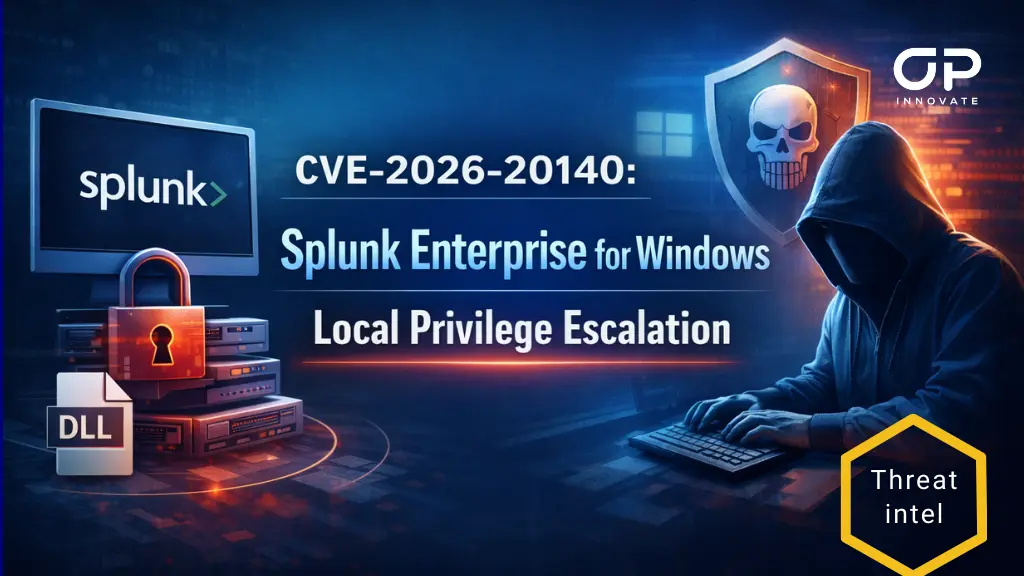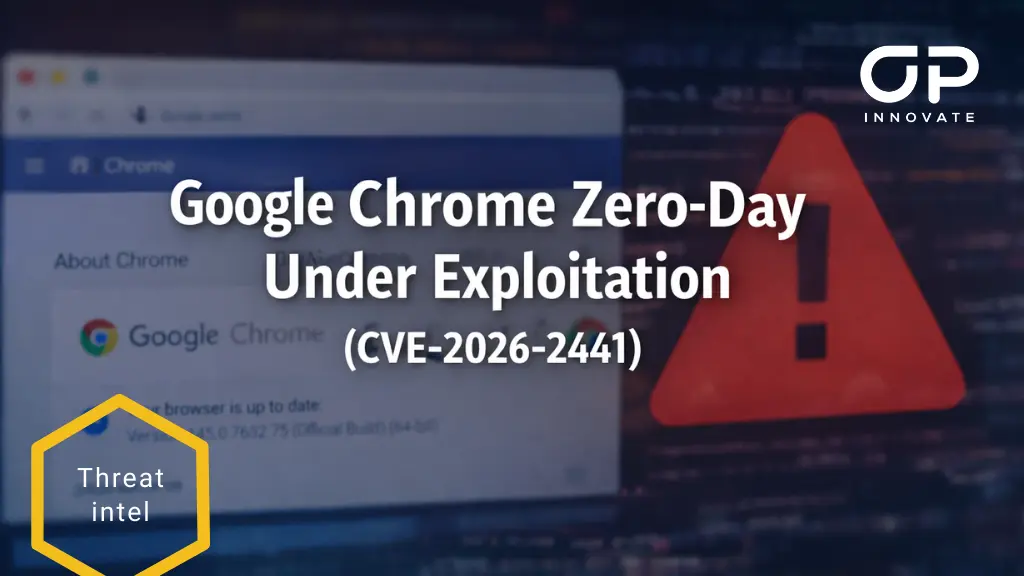A critical security vulnerability, identified as CVE-2024-0985 with a CVSS score of 8.0, has been discovered in PostgreSQL, a widely used database management system. This flaw specifically affects versions 12 through 15 and has the potential to allow attackers to execute arbitrary SQL functions with elevated privileges, leading to unauthorized data access, modification, and further network compromise.
Vulnerability Details
- CVE ID: CVE-2024-0985
- CVSS Score: 8.0 (High)
- Affected Software: PostgreSQL versions 12 through 15
- Vulnerability Type: Privilege Escalation via REFRESH MATERIALIZED VIEW CONCURRENTLY operation
- Impact: Data theft, unauthorized data modification, and potential network compromise
Description
The vulnerability stems from improper privilege management in the handling of the REFRESH MATERIALIZED VIEW CONCURRENTLY operation in PostgreSQL. This operation, which is intended to update materialized views without locking out concurrent users, can be manipulated to execute arbitrary SQL functions with the permissions of the command issuer, potentially a superuser or a member of a privileged role.
An attacker can exploit this flaw by tricking a victim into refreshing a maliciously crafted materialized view, leading to the execution of unauthorized SQL functions that could result in data theft, unauthorized data modifications, and other malicious activities.
Mitigation Strategies
- Immediate Upgrade: Administrators running affected versions of PostgreSQL are strongly advised to upgrade to the latest patched versions (12.18, 13.14, 14.11, or 15.6) immediately.
- Operational Caution: Exercise caution when using the REFRESH MATERIALIZED VIEW CONCURRENTLY command, especially with materialized views that are not self-created. Treat such operations with heightened scrutiny.
Recommendations for our customers
- Review and apply the necessary updates to affected PostgreSQL installations as soon as possible.
- Educate database administrators and users about the risks associated with this vulnerability and the importance of cautious operation practices.
- Monitor for any unusual database activities that could indicate attempts to exploit this vulnerability.
Conclusion
CVE-2024-0985 poses a significant security threat to organizations utilizing vulnerable versions of PostgreSQL. Prompt action to mitigate the risks associated with this vulnerability is critical. Upgrading to patched versions and practicing operational caution can help safeguard against potential exploits.
Stay safe and informed,
OP Innovate.









